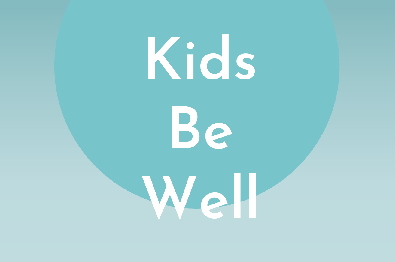Creativity is an essential aspect of childhood development, allowing kids to express themselves, solve problems, and see the world through a unique lens. Nurturing creativity doesn’t just prepare children for artistic endeavors—it helps them grow into innovative, adaptable adults.
The Importance of Creativity in Childhood
- Encouraging Self-Expression
Creativity allows children to articulate their thoughts and emotions in ways beyond words. Whether through drawing, storytelling, or building imaginative worlds, it provides them with a vital outlet for self-expression. - Building Problem-Solving Skills
Creative thinking encourages kids to see problems from multiple perspectives. This ability to think “outside the box” becomes invaluable in academics, personal relationships, and future careers. - Boosting Confidence
When children create something unique, it reinforces their sense of achievement and self-worth. This confidence spills over into other areas of their lives, helping them face challenges with resilience.
How to Nurture Creativity in Children
- Provide Open-Ended Resources
Offer tools that encourage exploration and creativity without predefined outcomes. Art supplies, building blocks, and blank notebooks invite children to create freely. - Encourage Curiosity
Foster a love of asking questions and finding answers. Let children explore their interests, whether through nature walks, science experiments, or imaginative play. - Celebrate Effort, Not Perfection
Focus on the process of creating rather than the final product. Praise children for their ideas, effort, and unique approach rather than aiming for flawless results. - Expose Them to Diverse Experiences
Introduce children to different forms of art, cultures, and creative practices. Museums, music performances, and storytelling sessions can ignite inspiration and expand their creative horizons. - Limit Screen Time
While digital tools can be creative outlets, excessive screen time often stifles imagination. Encourage hands-on activities to balance their creative engagement.
Activities to Spark Creativity
- Art Projects
Simple crafts, painting, or clay modeling allow kids to experiment with colors, shapes, and textures. - Storytelling and Writing
Encourage kids to write their own stories, poems, or comics. Story prompts can help spark their imagination. - Role-Playing Games
Dress-up, puppet shows, or acting out scenarios help children explore different perspectives and characters. - Building and Inventing
Activities like LEGO building, creating forts, or designing simple inventions stimulate engineering and creative thinking skills. - Music and Dance
Let children experiment with instruments, compose simple songs, or dance to express their emotions and ideas.
Final Thoughts
Every child has an artist within, waiting to be nurtured and celebrated. Creativity is not confined to traditional arts—it is a way of thinking, problem-solving, and engaging with the world.
By fostering an environment where children feel free to imagine, experiment, and express themselves, parents and educators can unlock their limitless potential. Nurturing creativity helps children thrive not just as individuals but as future contributors to a more innovative and compassionate world.
Encourage the artist within every child, and watch as they paint their unique mark on the canvas of life.











